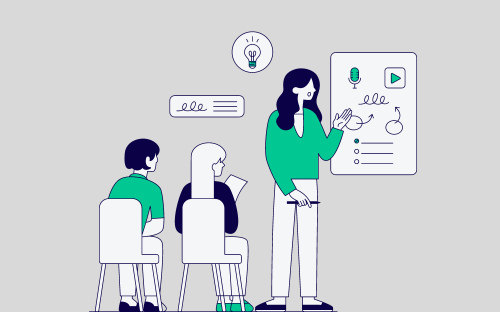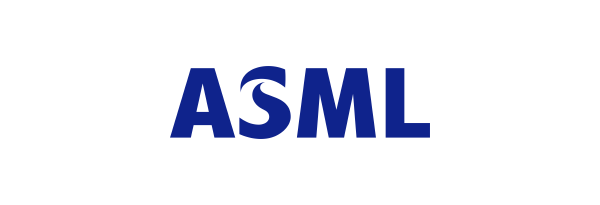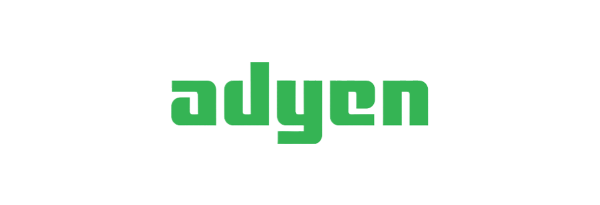Study Abroad in Netherlands for Pakistani Students: How To Apply
The Netherlands, known for its world-class education system and innovative research, offers a unique opportunity for Pakistani students seeking international education. With its rich cultural heritage and cutting-edge technology, studying in the Netherlands can be a transformative experience.

Highlights
Here are the key details related to studying in Netherlands
3000+
Pakistani Students in the Netherlands
90%
Visa Approval Rate
70+
Total Institutions
September
Most Preferred Intake
6.0
Minimum IELTS Score
80
Minimum TOEFL (iBT) Score
PKR 25L+
Approximate Annual Study Cost
PKR 1.5L+
Approximate Monthly Cost of Living
Why Choose Netherlands?

World-Class Education
Dutch universities consistently rank among the best globally, offering high-quality education and research opportunities.

Innovative Environment
The Netherlands is a hub for innovation and technology, providing students with exposure to cutting-edge research and development.

Career Opportunities
The Netherlands offers excellent post-study work opportunities, allowing international students to gain valuable work experience.
Wondering If Pakistan is right choice for you?

Variety of courses available in Netherlands
Bachelor's Degrees
3-4 years
Master's Degrees
1-2 years
PhD Programs
4 years
Integrated Master's Programs
2 years
Applied Sciences Degrees
4 years
Academic Calendar to study in Netherlands
Here’s what to expect if you want to study in Netherlands
Fall Semester (September - January)
This is the main academic term, featuring classes, assignments, and vibrant campus life. Be prepared for cooler weather as winter approaches.
Winter Break (December - January)
Enjoy a brief holiday break to relax and recharge before the new year.
Spring Semester (February - June)
The second major term builds on fall semester knowledge and concludes with final exams.
Summer Break (July - August)
A long break for students to travel, work on internships, or prepare for the next academic year.
Student Visa Requirements for Netherlands
You can prepare for your Netherlands education journey with these essential visa requirements
- Acceptance into a recognized Dutch educational institution
- Proof of sufficient financial means
- Valid passport
- Health insurance coverage
- Clean criminal record
- Valid passport
- Completed visa application form
- Proof of acceptance from a
- Dutch university
- Proof of sufficient funds
- Health insurance documentation
Tuberculosis test results (if applicable)
- Academic transcripts and certificates
- English language proficiency test scores (IELTS or TOEFL)
- Motivation letter
- Passport-sized photographs
Admission Requirements in Netherlands
General Documents required to study in Netherlands
Must be valid for at least six months beyond your intended stay in the Netherlands.
IELTS or TOEFL scores demonstrating adequate English language skills.
Official transcripts from previous educational institutions, translated if necessary.
A well-written essay explaining your reasons for choosing the program and university.
Strong references from professors or employers supporting your application.
A comprehensive overview of your academic and professional achievements.
Evidence of sufficient financial resources to cover tuition and living expenses.
English Language Proficiency to Study in Netherlands
Netherlands universities typically accept the following English language tests:
IELTS
Minimum score of 6.0, with some programs requiring up to 7.0
TOEFL iBT
Minimum score of 80, with some programs requiring up to 100
Other Requirements For
- Master Program
- Bachelors Program
- Bachelor’s degree in a relevant field
- Minimum GPA of 3.0 or equivalent
- Some programs may require work experience
- GRE or GMAT scores may be required for certain programs
- High school diploma or equivalent
- Standardized test scores (SAT or ACT) may be required
- Proof of English proficiency
- Some programs may require additional tests or portfolios
Cost of Studying in Netherlands
Overview
The cost of studying in the Netherlands varies depending on the institution and program. Public universities offer lower tuition fees for EU/EEA students, while non-EU/EEA students pay higher fees.
Average tuition fee range
Bachelors
PKR 25L+
Masters
PKR 28L+
MBA
PKR 50L+
PhD
PKR 20L+
Cost of Living in Netherlands
Monthly living expenses for students in the Netherlands (in PKR):

Accommodation
80K+ / month

Food
40K+ / month

Transportation
15K+ / month

Other Expenses
30K+ / month
Scholarship for Pakistani students in Netherlands
Here are the key details related to studying in Netherlands
If you are going to study at a Netherlands university, you should be aware that tuition fees can vary depending on factors such as the type of institution, program of study, and location.
Holland Scholarship
500,000
Orange Tulip Scholarship
2,000,000
Amsterdam Excellence Scholarship
2,500,000
Utrecht Excellence Scholarship
2,000,000
Erasmus Mundus Joint Master Degrees
Full tuition + living expenses
See what our students say
Frequently Asked Questions
Yes, international students can work up to 16 hours per week during the academic year and full-time during summer breaks.
No, many programs are taught entirely in English. However, learning basic Dutch can be helpful for daily life.
Graduates can apply for a one-year “orientation year” visa to seek employment or start a business in the Netherlands.
Yes, there are several scholarships available, including the Holland Scholarship and Orange Tulip Scholarship.
Health insurance is mandatory and costs around PKR 15,000 – 20,000 per month for international students.
Yes, you can apply to multiple universities, but each application may require separate fees and documentation.
The Netherlands is generally very safe, with low crime rates and a welcoming attitude towards international students.
Students can choose from university dormitories, private student housing, or shared apartments.
It’s possible but can be complicated. It’s best to carefully choose your program before arriving.
Most banks offer student accounts. You’ll need your passport, residence permit, and proof of enrollment to open an account.











